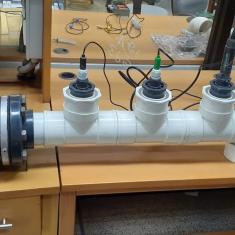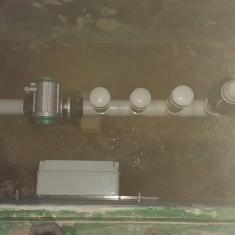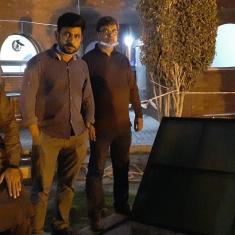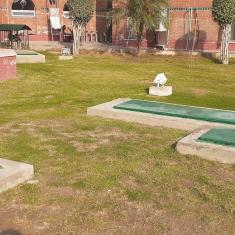Ground Water Recharge Interventions
Pakistan is facing the staggering issue of groundwater level depletion. About half a decade ago, Karachi had groundwater reserves up till 100 ft. However, in 2018, after bores were drilled deep into the ground, the level of water had depleted beyond 250 ft. This was a very a startling discovery and the cause of worry as the country is largely dependent on groundwater. Adding to this dependence, the health of the soils also suffers and their fertility depletes and they become saline which imposes a huge risk on agriculture. Punjab, for instance, is entirely dependent on groundwater. Due to rapid urbanization and the water consumption increasing manifolds, groundwater reserves are at a threateningly low level and are constantly showing new levels of depletion annually. The water reserves are estimated to diminish almost completely, within the next decade. This is a major cause of concern because without water, life cannot be sustained. While keeping this issue at the forefront, Center for Water Informatics and Technology (WIT) collaborated on a mutual project with PepsiCo and WWF Pakistan with the objective is to contribute to the recharge of groundwater aquifer with the help of various interventions which included rainwater harvesting and water recycling. For this purpose, WIT has installed two projects on two sites:
- For the purpose of water recycling, ablution water recycling was initiated at Bahria Orchard Mosque Lahore. The project was done in collaboration with Bahria Management, Lahore.
- Rainwater Harvesting to contribute towards the recharging of groundwater aquifer at Sunder Industrial Estate.
Furthermore, one of the prioritized objectives of this project is the availability of usable data with groundwater modelling and groundwater estimation being done by highly skilled researchers.





